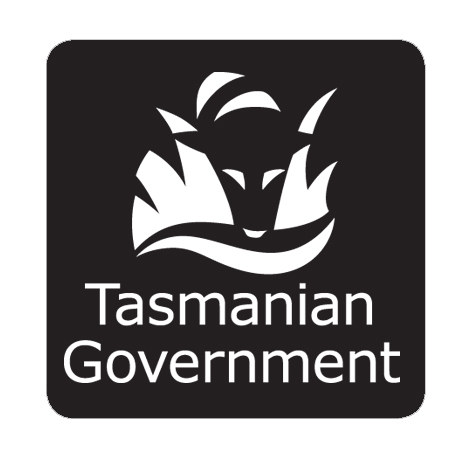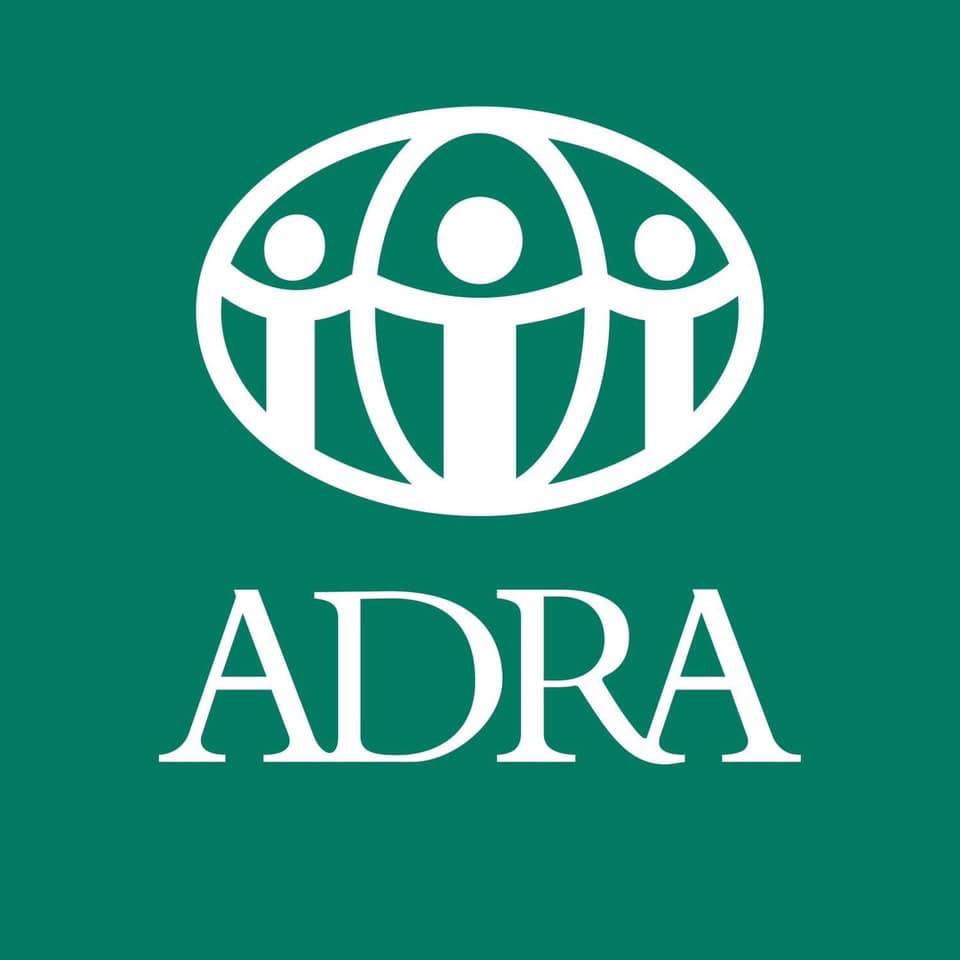For many, the highlight of New Year’s Eve will be a fireworks display.
Sadly, though, while the bright colours, flashing lights and snap, crackle and pops may be entertaining for humans, they can result in huge fear, distress and fatal injuries for all kinds of animals.
Every year, the RSPCA receives calls about the terrible effect fireworks have on animals – not just dogs and cats, but other pets, livestock, and wildlife. These poor animals don’t understand what is causing the loud bangs and bright flashes and this often causes them to take flight and try to escape the loud noises.
Dogs and horses in particular often try and run away when frightened by fireworks, and may injure themselves. Dogs have been known to jump through plate glass windows, easily jump over or dig under fences that would normally contain them, and sometimes end up several kilometres from home. There are frequent reports of horses harming themselves by crashing into stable doors and over fences. Sadly, some will never make it home again.
And that’s why the RSPCA wants to see fireworks regulations strengthened to protect our pets, wildlife, and farm animals.
Once again, Tasmania is lagging behind other jurisdictions.
The sale of fireworks to the public is illegal in every Australian jurisdiction except Tasmania and the Northern Territory. Most states banned the practice in the 1980s.
Permits require notification to neighbours and authorities, and carry restrictions on time, length, amount, supervision and responsibility. However, these restrictions are not well policed, and they do nothing to lessen the distressing impact these events have on ‘all creatures great and small’.
The RSPCA believes it is long past time for the government to consider the devastating impact of fireworks on animals and introduce further restrictions on their use and sale in a bid to lessen the harm they suffer.
To continue to do nothing will be bang out of order.
Tips to help keep your pets safe
By taking some precautions, we can make sure that the holiday season is a safe and happy one for our pets.
Ensure your pet is microchipped and that your contact details are up to date on the microchip register, as well as ensuring they are wearing an ID tag so, if they do accidentally escape, they can be returned home safely.
If you can, it’s best to stay home with your pet so you can be there to reassure them. If you’re not going to be at home, make sure you provide them with a safe, secure and comfortable environment. Whenever possible, bring your pet indoors. If your pet has ongoing trouble with loud noises, you might like to speak to your vet to discuss all your options.
Here are some other simple steps to minimise firework stress in pets and other animals:
If you know fireworks are planned, ensure your pets are exercised and well fed before the display starts.
Leave the TV or radio on to mask any sounds.
Remove any sharp objects that might cause injury to a panicking animal.
Birds and pocket pets like guinea pigs, rabbits and ferrets can also become distressed from fireworks. Bring their cages or hutches inside if possible and provide extra bedding or cover their cage with a thick sheet to allow them to hide.
Horses are particularly vulnerable to bolting when exposed to fireworks, so make sure to securely stable them away from firework noises.
Wildlife can also be affected by the unexpected noises and bright lights fireworks produce. Contact your local wildlife carer group if you see anything of concern.
Remember that firework debris is toxic if ingested by animals.
If your pet does become lost, contact your local council and nearby care centres like the RSPCA. If you find a lost pet, keep them safe while you try to find their owners. You can either take them to the address on their tag or take them to a local care centre. Social media can also help reunite lost pets with their families.
You can find more information to help keep your pets safe during fireworks displays here: https://kb.rspca.org.au/knowledge-base/how-should-i-care-for-my-pets-during-fireworks-displays/#references
MEDIA CONTACT
Jan Davis, Chief Advocate – RSPCA Tasmania
Mobile: 0409 004 228
Email: jdavis@rspcatas.org.au





















